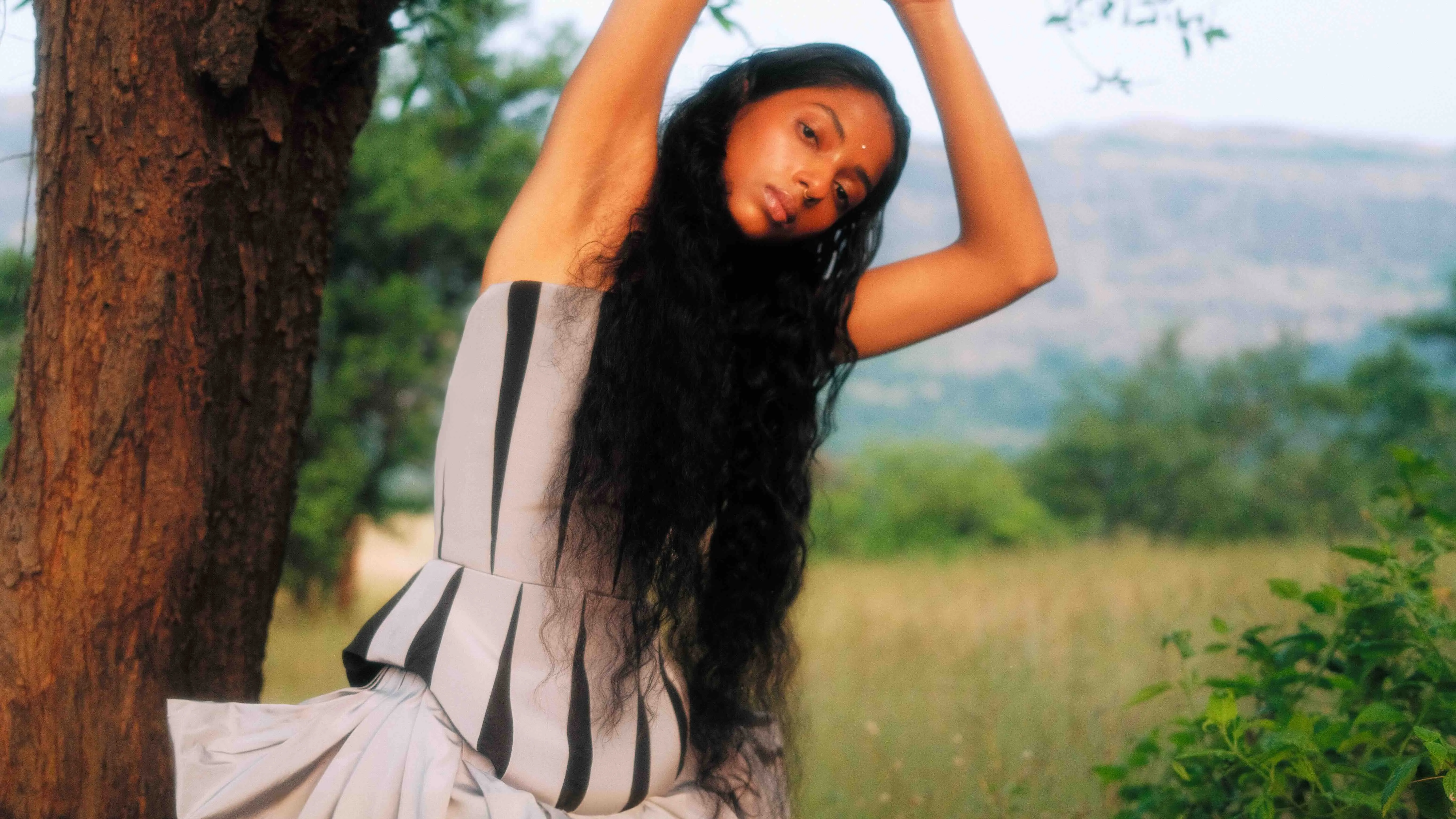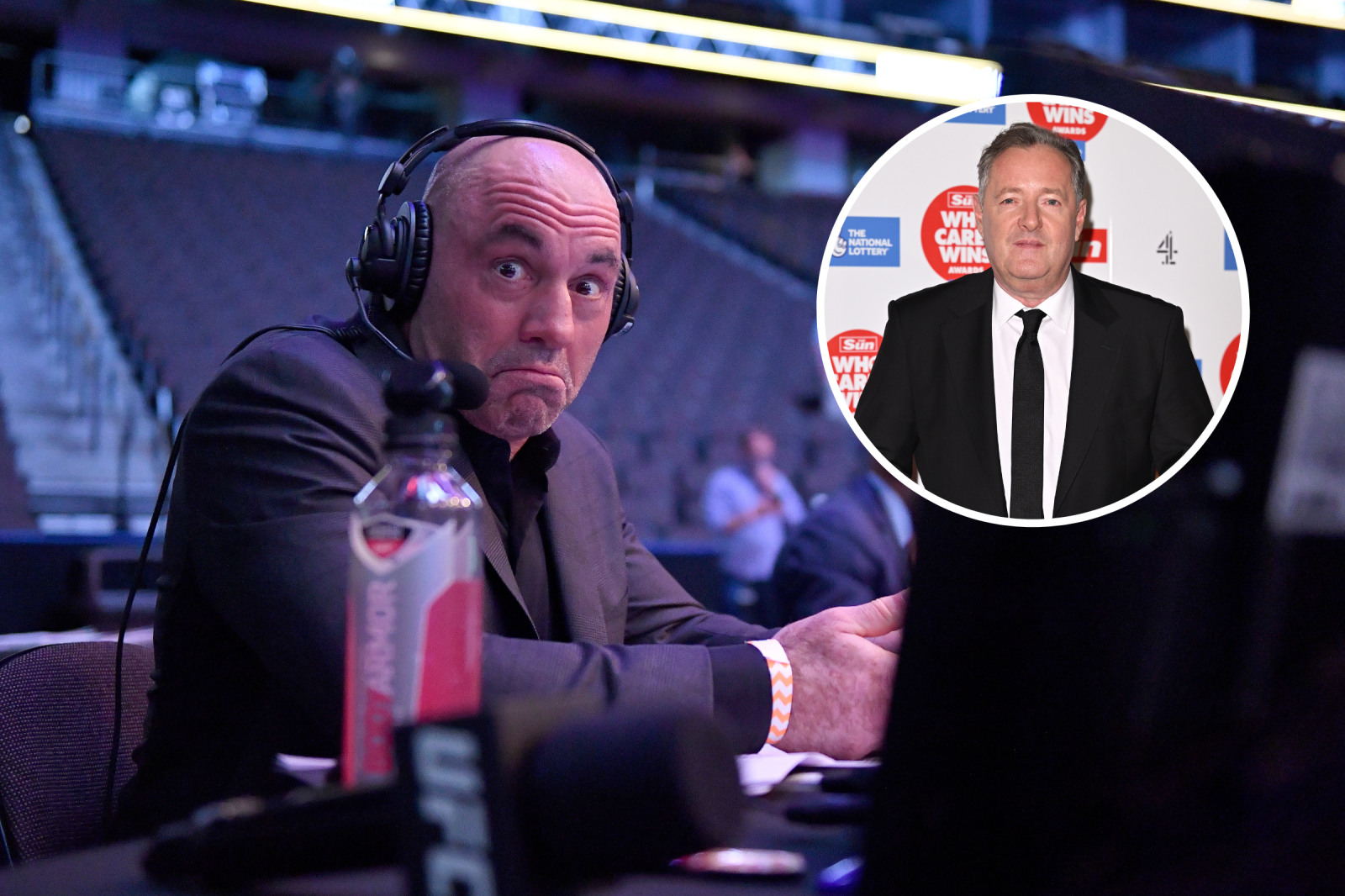Copyright vogue

At one point in my life, I found myself surrounded by eldest daughters. Each of us carried the same invisible burden: stress about managing expectations of family, friends, partners, larger ecosystems, and themselves. We were united by our soaring cortisol level, looming threat of diabetes and blood pressure, frequent fluctuations in weight, stress eating and the biggest of them all, a perpetual feeling of burnout due to hitting caregiving fatigue. “Eldest daughters are almost wired to handle it all: from family responsibilities to emotional support, overachieving professional roles and looking after the siblings,” shares Dr Almas Fatma, a Mumbai-based family physician and a digital health AI expert. Fatigue starts to show up as headaches or body aches. We feel tired after resting, chronically drained. This leads to disruptions in the sleep cycle, impacting our hormones, gut health and our mental health. “In my experience, the mental load of this role exacts a heavy toll: chronic stress, hypervigilance and self-sacrifice that result in both physical and mental health challenges. These women must model perfection for younger siblings, maintain the family's reputation, fulfil domestic duties and carry the emotional labour of the entire family system,” adds Priya Rednam-Waldo, a US-based licensed clinical therapist, specialising in women's and maternal mental health for South Asian women. Eventually, the body forces rest through illness or impaired functioning, adds Rednam-Waldo, when women are unable to choose rest for themselves. Her words hit close. Eldest daughters are known for hyper-independence; the belief that asking for help is a weakness. I’ve been guilty of it too. The instinct to hold everything together can feel like a badge of honour, until it becomes a slow act of self-erasure. A growing awareness of how birth order shapes well-being has prompted experts to look at the prevention of eldest daughter burnout, rather than recovery. “With my clients, healing for eldest daughter burnout starts with this recognition: being a ‘good daughter’ shouldn’t cost you your health, fulfilment or joy,” says Rednam-Waldo. “You can honour your family and care about others while still valuing your own identity and wellbeing.” So what does healing eldest daughter burnout look like? 1. Reflect regularly. “Talk to yourself,” suggests Dr Fatma. “When you can name your emotions, you begin to understand what’s nourishing you and what’s pushing you towards burnout.” 2. Get your numbers checked. Dr Fatma recommends regular full-body check-ups, including thyroid, sugar parameters, vitamin D, B12, magnesium, B6, folic acid, liver profile and complete blood count. “It’s a way of keeping tabs on the internal stress your body might be carrying.” 3. Eat and move on time. “Running on small fuels will only push cortisol higher,” she explains. Prioritise balanced meals and daily movement—any form that sparks joy rather than guilt. 4. Ask for help. “Delegating is a survival skill,” says Rednam-Waldo. “Eldest daughters often wait until collapse to reach out. But seeking help before the breakdown is how you prevent it.” 5. Learn to say no. “The cost of saying yes in situations that drain you is far higher than the short-term discomfort of saying no,” adds Dr Fatma. “By resting, you’re not being selfish, you’re preserving your future self.” Breaking this generational pattern, both experts agree, is possible, but it requires conscious, culturally sensitive care. There needs to be space for eldest daughters to fall off the pedestal, to not always be the one holding it together. There’s no glory in exhaustion and no reward for giving from an empty cup. The world will keep asking. The question is whether the eldest daughters among us can finally offer themselves what they’ve long given others: care, rest and room to breathe. My eldest daughter syndrome is incurable even though the internet tells me it’s time I healed The rain has loved me like a daughter since the day I was born There’s something magical about mothers and daughters reading together in adulthood



